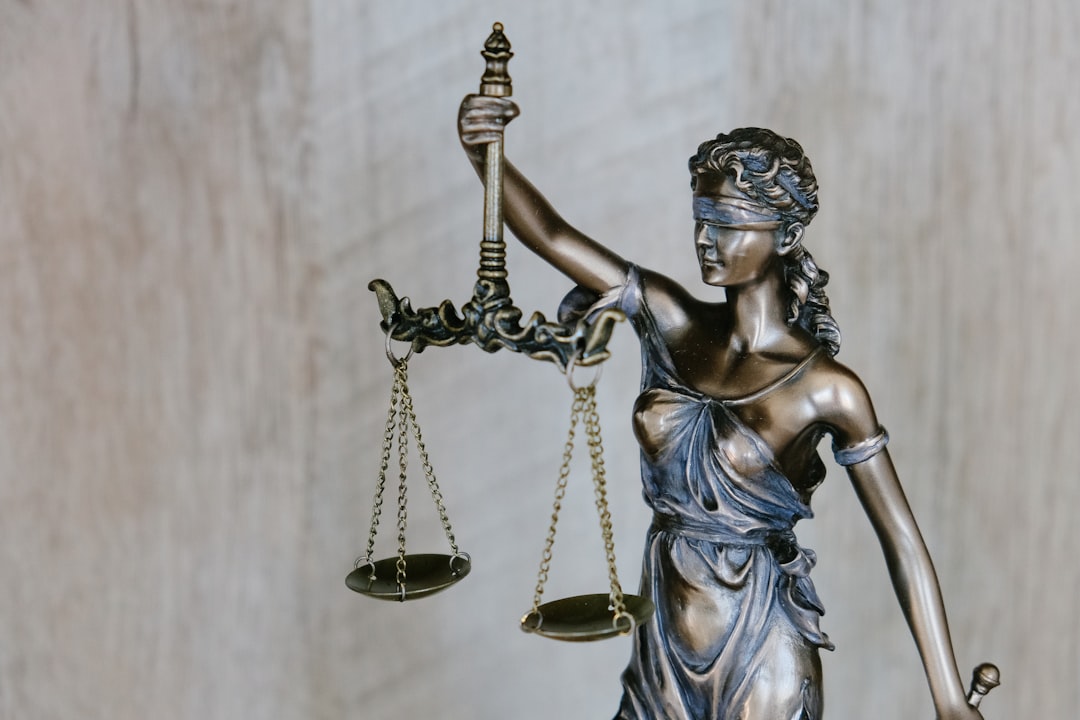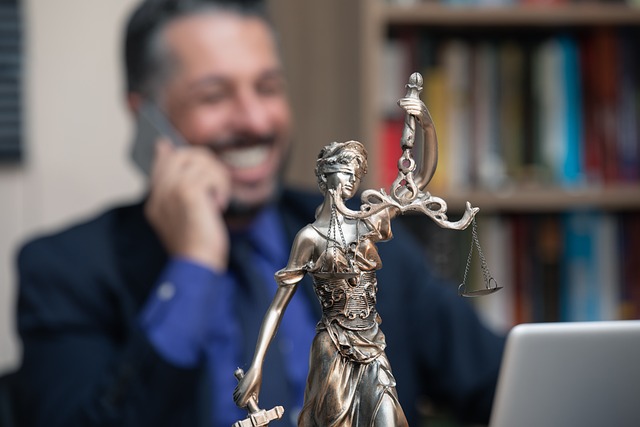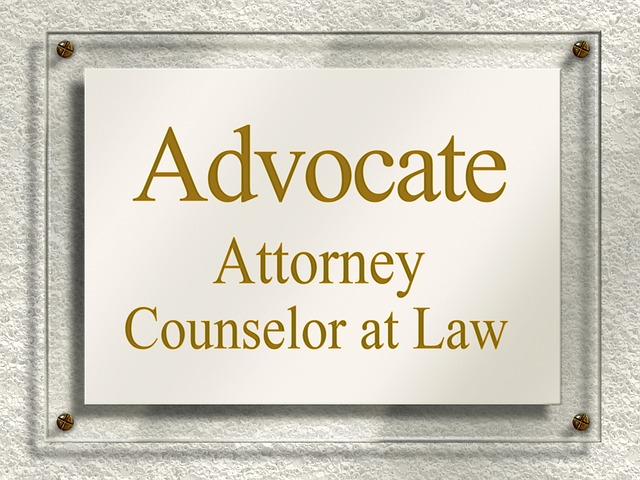Survivors of student sexual assault in Seattle, WA, have legal rights and options, including civil litigation against responsible parties via school abuse attorneys Seattle WA. These professionals guide survivors through reporting, investigations, evidence gathering, and seeking compensation for damages and medical bills. Understanding these rights is crucial for justice and healing, ensuring survivors receive adequate support services and schools fulfill their obligations.
In Seattle, WA, survivors of student sexual assault face complex challenges. This article guides you through the legal landscape, empowering you with knowledge about your rights. We explore understanding legal rights in Seattle, navigating the criminal justice system, and exploring compensatory measures available to survivors. If you or someone you know has experienced school abuse, connect with reputable school abuse attorneys Seattle WA for tailored support and justice.
Understanding Legal Rights in Seattle, WA
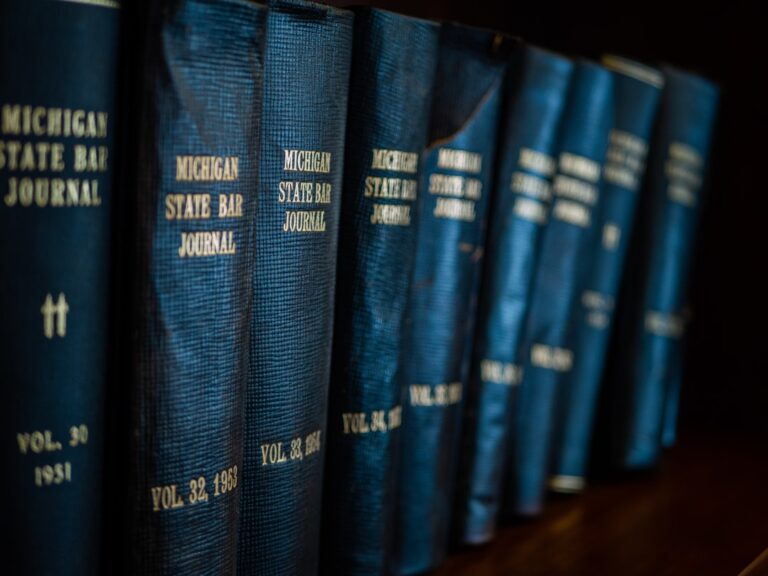
In Seattle, WA, survivors of student sexual assault have specific legal rights that must be understood to ensure justice and healing. The first step for any survivor is to recognize that they are protected by laws designed to prevent and address school abuse. If a student has experienced sexual harassment or assault within their educational institution, they may have grounds for legal action against the responsible parties, including schools, administrators, or even other students.
Seeking guidance from reputable school abuse attorneys Seattle WA can be immensely beneficial. These professionals specialize in navigating complex legal systems and advocating for survivors’ rights. They understand state laws and policies related to educational institutions, ensuring that victims receive fair treatment throughout the process. With their expertise, survivors can take appropriate legal steps, whether it’s filing a complaint, pursuing civil litigation, or reporting criminal offenses, to hold accountable those responsible for the abuse.
Navigating Criminal Justice System After Assault

Navigating the criminal justice system after a student sexual assault can be a daunting task for survivors in Seattle, WA. It’s important to know that they have legal rights and options available to them. The first step is often reporting the assault to local law enforcement and working with school officials to ensure the perpetrator faces consequences under relevant laws. School abuse attorneys in Seattle WA can provide guidance throughout this process, ensuring survivors’ rights are protected.
They can assist with gathering evidence, interviewing witnesses, and advocating for a thorough investigation. While the criminal justice system offers a route for accountability, it’s also crucial to explore civil remedies. Survivors may be eligible to file a lawsuit against the perpetrator and/or educational institutions responsible for failing to prevent or respond adequately to the abuse. School abuse attorneys in Seattle WA can help determine liability and seek compensation for damages related to physical, emotional, and psychological injuries.
Compensatory Measures & Support for Survivors
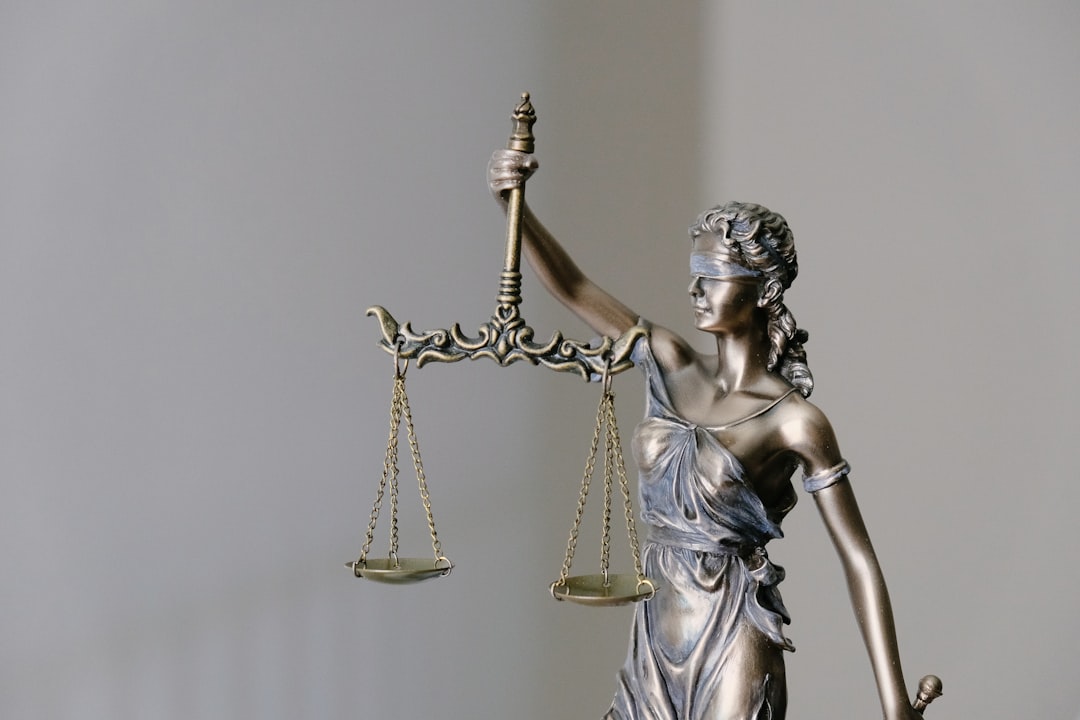
Survivors of student sexual assault in Seattle, WA, are entitled to compensatory measures and support services that can aid in their healing process. This may include financial compensation for medical expenses, counseling, and other related costs. Many schools have policies in place to provide these resources, but survivors should be aware of their rights and the legal options available to them if their school fails to offer adequate support. Consulting with experienced school abuse attorneys Seattle WA can help ensure that survivors receive the assistance they deserve.
Support services extend beyond financial aid. Survivors may benefit from confidential counseling, peer support groups, and access to healthcare professionals specialized in sexual assault cases. These measures aim to address the emotional, psychological, and physical impacts of the trauma. Legal advocates can facilitate communication with schools and even mediate settlements, ensuring that survivors’ needs are met and their voices are heard.

